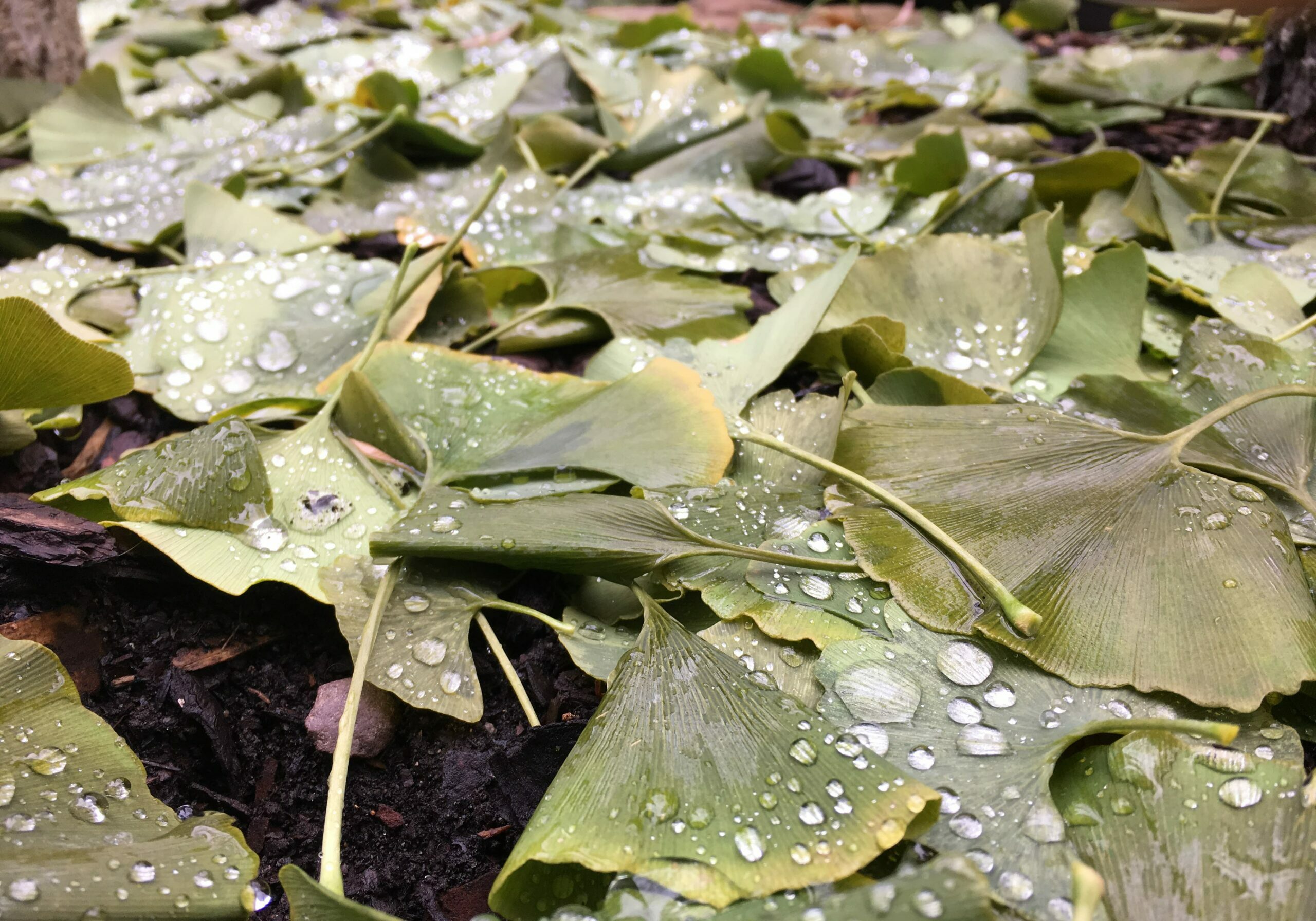October 2, 2022
How we work is way more important than how hard we work

My twenties were all about working long.
I put in as many hours as possible.
That helped me gain exposure, hone my discipline, elevate my status, build my brand and establish career momentum.
My thirties were all about working hard.
I put in less time, but far more intensity. That allowed me to deepen my craft, grow my expertise, grow my experience and expand my perspective.
My forties are now all about working smart.
I put in less time with less intensity, but way more leverage. This enables me to scale my impact with the least amount of effort, maximize my discretionary time and optimize my schedule for comfort, fulfillment and pleasure.
How has your work style changed over the decades? Are you currently working hard, long, smart, or some combination of the three?
Naval, the billionaire startup founder and business philosopher, recently made a powerful distinction between these various work approaches. He writes about how people like to view the world is linear, meaning, put in eight hours of work and get back eight hours of output.
But it doesn’t work that way. How we work is way more important than how hard we work. Humans should be spending their time hunting like lions, rather than grazing like cows.
We should be carnivores, not herbivories.
Now, since this is such a compelling image, I looked into these two very different animals.
Starting with cows. Cornell conducted the preeminent study on grazing cattle to see how they spent their time each day. Their researchers examined the efficiency of livestock on pasture, learning that cows graze for approximately eight hours a day.
Their typical cycle will include one major grazing period around sunrise for several hours, a second one in late afternoon that lasts another few hours, and shorter period during the night.
Cows only sleep for about four hours a day. They spend the largest period of time ruminating, aka, chewing their cud, which lasts about seven to ten hours a day.
Next, let’s compare the cow’s routine to the lion’s.
The king of the jungle spends sixteen to twenty hours a day sleeping or resting. In the late afternoon to early evening, lions engage in social behaviors like patrolling the land, rubbing their heads on one another, licking each other’s faces, caring for cubs, grooming, purring, roaring and mating.
They do most of their hunting between evening and early morning, for several reasons.
One, lions have few sweat glands and need to conserve their energy during the hot savannah days.
Two, it’s easier to approach prey up close when it’s dark.
Three, animals who are out in the hot sun during the daylight grow exhausted at dusk, which means they run slower with less endurance.
It’s two very different animals with two very different schedules. And it begs the questions:
Are you grazing and chewing your cud all day?
What if instead, you sprinted as hard as you could while you felt inspired to work, and then rested for long periods?
What if you built a schedule that was essentially a marathon of sprints and breaks?
Not that cows aren’t lovely animals. Some of my best friends are cows.
But the reality is, most of us are working like them, and it’s suboptimal. We’re grazing our days away.
Let’s be honest. How long does the modern employee really need to be on the clock to create value? The forty hour workweek is a just hundred year old cultural relic left over from factories of the industrial age.
Recent statistics from the bureau of labor show that despite people’s eight hour days, most full time office workers are only productive for about three of them.
Sounds more like a lion to me.
Maybe it’s time to stop pretending that working long and hard works, and work smart instead.
We could implement a restricted production window to exploit our creative energy in novel ways. This would force us to spend our limited time on meaningful activities that have a disproportionately high effort to reward ratio.
And the rest of our schedules we could spend resting, socializing and licking each other’s faces.
Simba famously sang that he just couldn’t wait to be king, and now I think I know why.
Are you working long, hard or smart?

